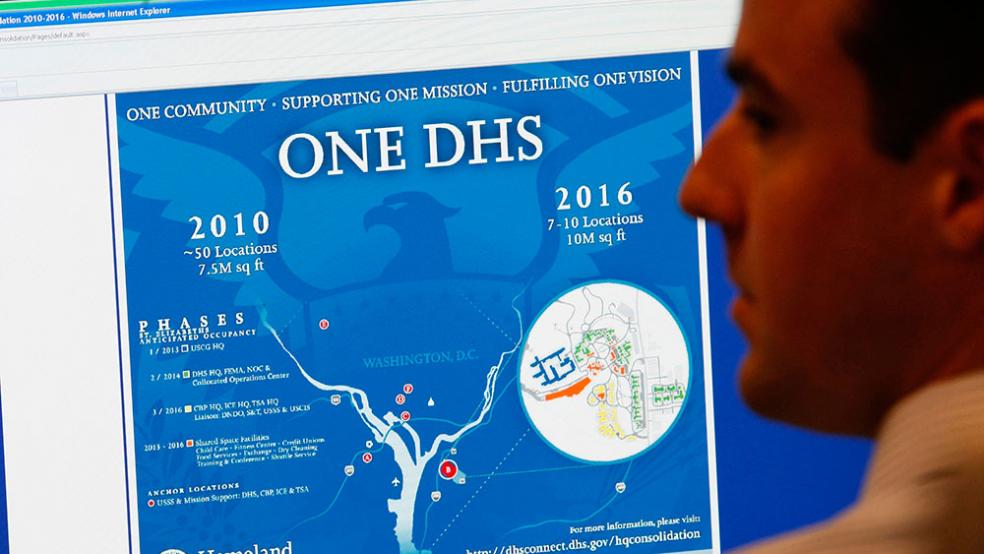After this year’s budget cuts, employee furloughs, and a 16-day government shutdown, it’s no surprise that agency workers are suffering from low morale.
Federal employees’ overall job satisfaction and commitment levels are at an all-time low, according to the Partnership for Public Service’s annual “Best Places to Work” index. Employees’ satisfaction with their agencies fell three points from last year, to 58.8 on a scale of 100.
Related: Federal Workers Organize to Block Sequester
Max Stier, PPS president and CEO, called the numbers “distressing” and “an unwelcome reminder” of the poor management within the federal government that “has made for a toxic work environment.”
The 169,000 employees at the Department of Homeland Security were the most dissatisfied with their agency, which consistently ranks near the bottom of the “Best Places to Work” list.
DHS’s poor morale is nothing new and the agency has been the subject of countless congressional hearings. Last week, Rep. Mike McCaul (R-TX), the chairman of the Homeland Security Committee, blamed DHS’s unhappy employees on leadership vacancies within the agency. Currently about 40 percent of all politically appointed positions are vacant.
“Undoubtedly, these vacancies have a negative impact on mission effectiveness and employees’ morale,” McCaul said during a committee hearing.
Related: DHS Winks at Workers Stealing Overtime
Marsha Catron, a DHS spokeswoman, said the agency is focused on improving employee engagement through enhanced communication and training.
“The department’s employees are our greatest resource and we are committed to providing them with the resources and support they need to carry out our mission to protect the homeland,” Catron said.
But the results from the employee survey seem to disagree.
Stier says management issues are to blame for the agency’s persistently dismal performance. That seems to be true for all agencies, based on the index, which shows that employees value “effective management” the most over things like pay and work/life balance, among others. Still, it was the lowest-rated category agency wide, with a score of 51.8.
Federal Execs Get Bonuses Despite Worker Furloughs
Stier pointed to Obamacare’s rocky rollout, which was plagued by a host of technical problems with the website, as well as management issues with federal contractors. “You can’t help but look at things like the HealthCare.gov website and wonder if with a better managed workforce that would have happened,” he said.
Other agencies that landed with a thud near the bottom of the rankings were the Agriculture Department, with 56.1, the Army with 55.6, and the Labor Department with 55.6.
For all of the dismal news in the report, there were several bright spots. Despite suffering from massive cuts to its space program, NASA managed to score the coveted “best places to work” position for the second year in a row, as well as “most improved agency.”
Stier credited the space agency’s performance to solid management and employee engagement. “NASA is continuously excelling at meeting management expectations and overcoming difficulties brought on by budget cuts,” Stier said.
The government’s happiest agency paid 20 people $18,000 to lie around for 70 days this year, as part of a bed rest study to simulate the effects of long-duration spaceflight. It also awarded a $200,000 grant to a contractor to create a 3D pizza printer.
Here are some highlights from the report:
Worst Federal Agencies to Work for:
- Department of Homeland Security
- Labor Department
- ARMY
- Agriculture Department
- Office of the Secretary of Defense, Joint Staff, Defense Agencies, and Department of Defense Field Activities
Best Federal Agencies to Work for:
- NASA
- Commerce Department
- Intelligence Community
- State Department
- Department of Justice
Top Reads from The Fiscal Times:





